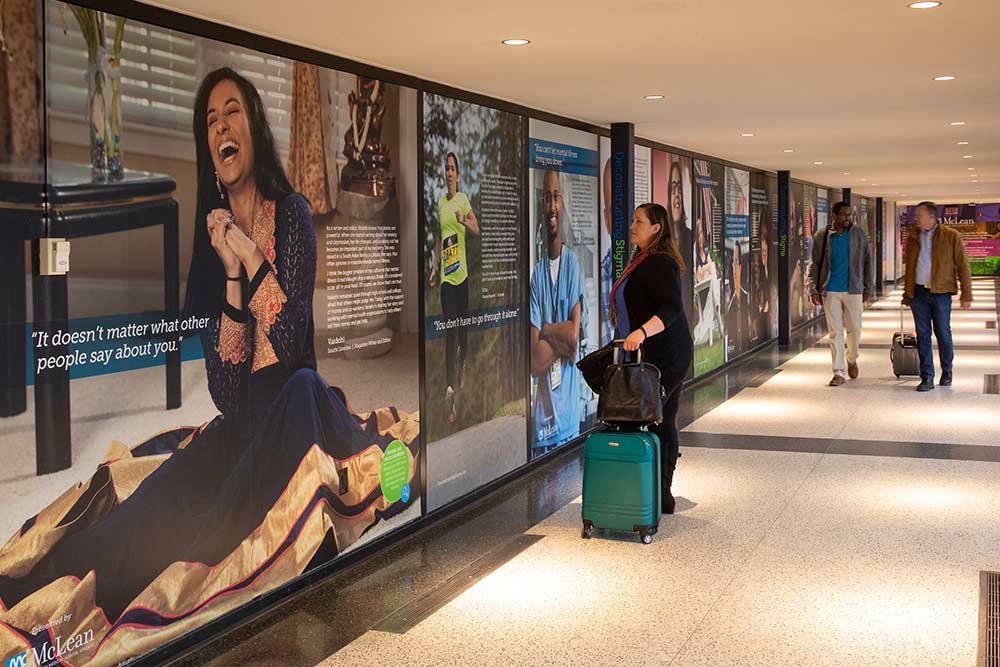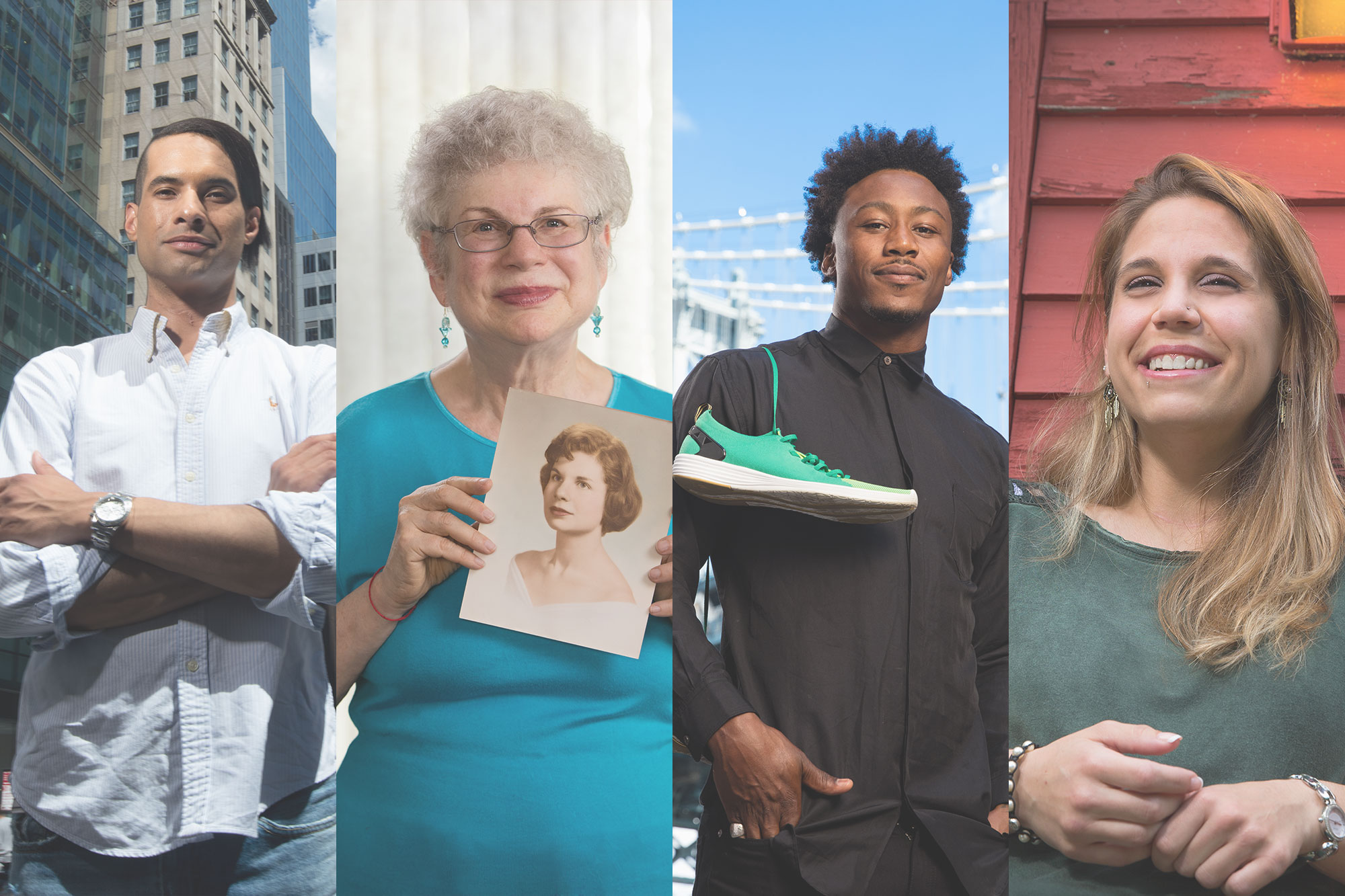Let’s end the silence around mental illness
There is a long history of mental illness in Phyllis’ family, but mental health was never discussed. For years, this silence kept Phyllis from understanding her condition and getting needed treatment.
Mental illness had been in my family for generations. My uncle and grandmother were shunned by my grandfather for their mental illnesses. My grandmother was institutionalized against her will for 24 years for major depressive disorder. My mother never got over losing her mother that way.
The stigma of mental illness, along with the guilt and secrecy she lived with, prevented my mother from seeking help for herself or addressing my father’s mental illness. My father, a WWII vet, suffered from severe obsessive compulsive disorder and paranoid delusions, which he imposed on our family.
Phyllis’ mental health issues began when she was very young.
I was a super anxious and perfectionistic kid. I wet my bed, was terrified of not understanding concepts in school, and was constantly hiding my secret home life from teachers and classmates. The panic attacks began in college, along with severe insomnia, separation anxiety, and abandonment terrors.
When she was 30, after years of struggling with severe anxiety, Phyllis met someone who changed her life.
I met a colleague who shared her difficult past with me. This allowed me to finally divulge my own trauma story. It was the first time I felt seen by someone who didn’t judge me. It was the beginning of new hope and direction. Her kindness showed me I had the courage and strength to deal with my painful thoughts and feelings. I just needed to find the right kind of support.
Inspired by her colleague, Phyllis reached out for help. After she was diagnosed with complex post-traumatic stress disorder (CPTSD), she started a treatment program that has helped her with her depression and anxiety for many years.
I started to heal after finding an unusually empathetic psychologist whom I deeply trusted. The combination of talk therapy and other therapeutic modalities, such as EMDR (eye movement desensitization and reprocessing), IFS, medication, and mind/body practices, have all helped me identify my triggers and adopt appropriate coping skills when symptoms arise. I’ve also stayed clear of toxic relationships and fostered solid, trusting friendships.
Because of her family history, Phyllis understands the dangers of keeping quiet about mental illness. Today, she works through organizations such as the National Alliance on Mental Illness, The Stability Network, and This Is My Brave to tell her personal story and inspire others to get help.
I publicly tell my story to schools, corporations, providers, faith communities, and families. The process of letting go of my childhood secret helps erase any residual stigma I have carried all these years.
I’ve learned to let go of my shame by being more compassionate with myself and by communicating to others that PTSD is only a small part of the woman I have become. In fact, my PTSD has allowed me to be a more empathetic individual and a stronger, more resilient human being.
Phyllis wants to inspire people of her generation to be open about mental illness. She also hopes that future generations will receive better education about psychiatric conditions so they do not have to fight the stigma that keeps so many from seeking treatment.
Stigma is incredibly pervasive in this country but especially in the ‘boomer’ generation.
Over the last several years of telling my story, I’ve had individuals approach me and confide that they, too, grew up with a parent suffering from mental illness. Like me, they did not have the tools or resources at such a young age for accessing appropriate help for themselves or their parent.
I believe it is imperative that children be educated in elementary school about mental illness and parents be counseled and supported on how to talk to their children about their own mental illnesses.

